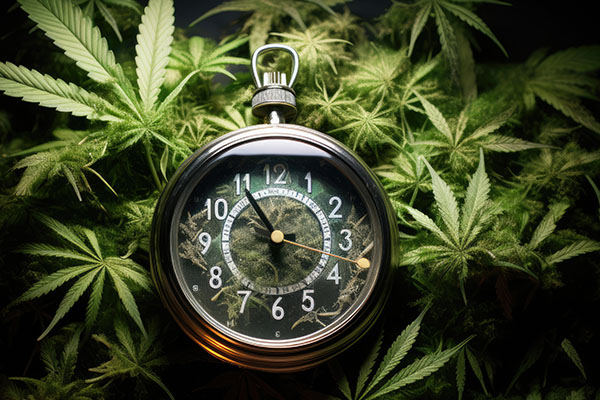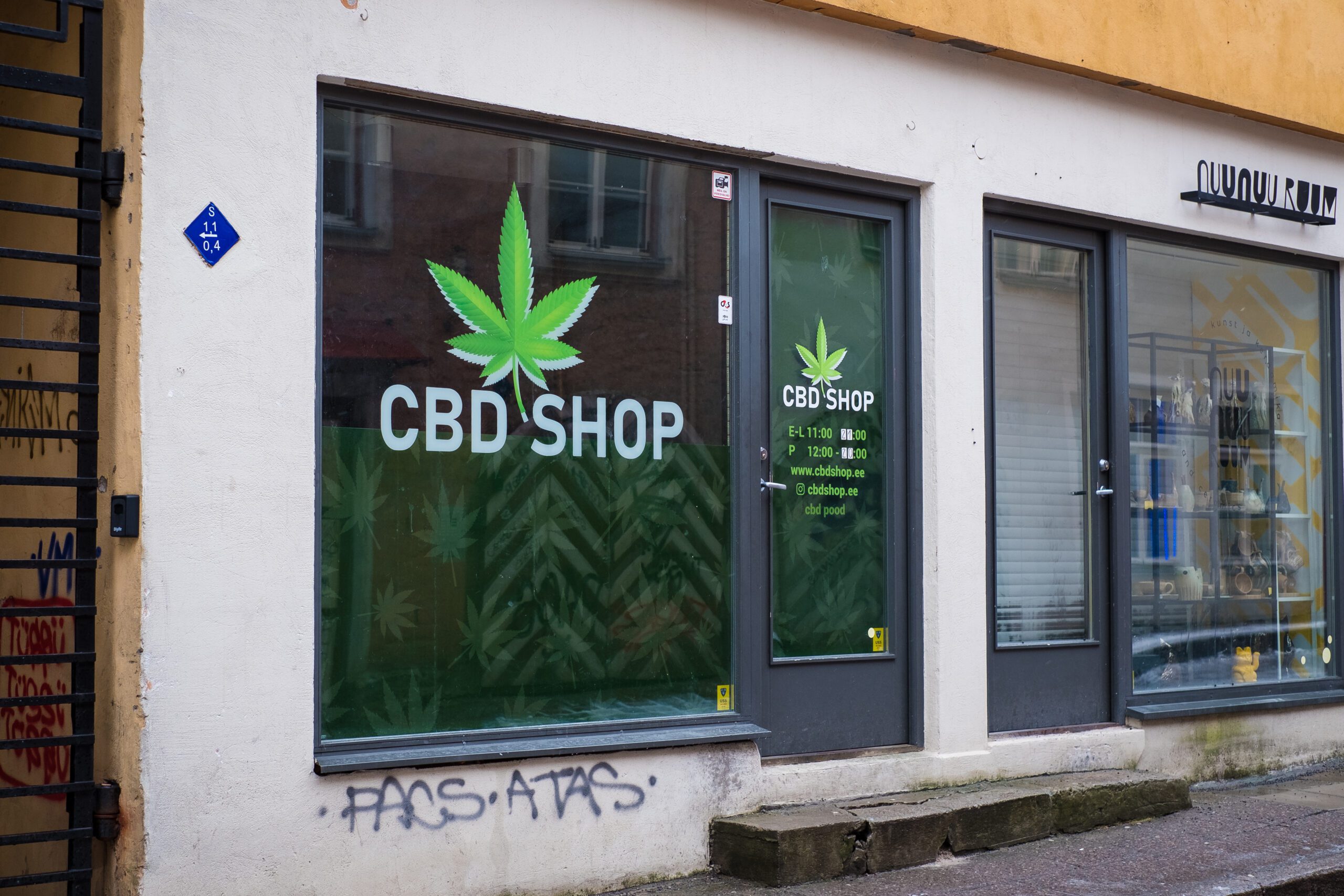This week, President Donald Trump signed a funding bill to end the government shutdown, but, according to Forbes and other industry experts, tucked inside the legislation is an amendment that has the potential to dismantle the country’s $28 billion hemp industry. The provision rewrites the federal definition of hemp, and, after a 12-month grace period, would effectively outlaw most hemp-derived THC products, including the booming market for THC beverages and edibles.
Since the 2018 Farm Bill legalized hemp and its derivatives, hemp-derived intoxicating products have proliferated nationwide, sold online and in mainstream retailers without the restrictions placed on marijuana. The new amendment closes that loophole by banning synthetic cannabinoid conversion (such as CBD-to-THC processing) and capping THC content at 0.4 mg per package—far below the levels in virtually all current hemp products, many of which contain at least 5 mg and some up to 1,000 mg per package.
“This is an extinction-level event for the CBD products industry, and the greater hemp and hemp beverage industry,” said Jim Higdon, cofounder of Louisville-based Cornbread Hemp. “If we can’t stop it, and we don’t pivot, it will destroy our business. Every product that we make currently will become a Schedule I narcotic when it is implemented.”
Industry leaders, including beverage manufacturers and multistate cannabis operators, warn that the measure would wipe out companies built around hemp-derived THC and plan to lobby aggressively for revised regulations during the one-year window. The amendment has ignited political tension as well, with Senator Mitch McConnell—architect of the 2018 hemp legalization push—now leading efforts to curb intoxicating hemp products amid rising concerns about youth exposure.
“Mitch McConnell, the man who gave us the seeds to grow hemp, now wants to burn the crop and salt the ground,” said Thomas Winstanley, the executive vice president of Georgia-based Edibles.com. “[We see] it as not one year to ban, it’s one year to regulate. We do not see this as the end. The clock started, but there’s still runway for better policy here. It was a tough battle to lose, but it’s not the end of the war.”









